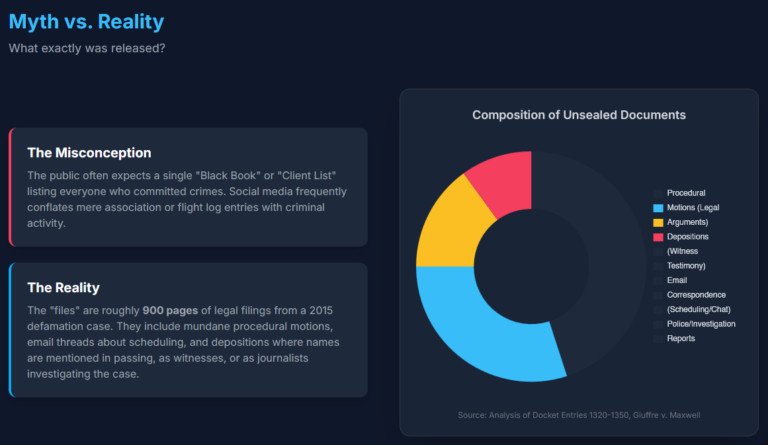
With strike action looming, Canada Post has submitted new global offers to the Canadian Union of Postal Workers (CUPW) for both the Urban Operations and Rural and Suburban Mail Carrier (RSMC) units. The move is a clear attempt to avoid labour disruption — and it comes just days before CUPW’s strike notice takes effect.
According to a statement released by Canada Post, the updated proposals include stronger wage increases and retain existing benefits and entitlements for employees. Importantly, the Crown corporation has walked back several controversial items from earlier rounds of bargaining — including proposals to overhaul the health benefits plan, reduce post-retirement benefits, and transition future employees to a defined contribution pension plan.
Now, under the current offer, new employees would still receive health and pension benefits, but only after six months of regular employment.
Canada Post is calling the situation “critical” and is urging both parties to act with urgency, citing the findings of the Industrial Inquiry Commission (IIC), which was appointed by the federal government last year to investigate chronic bargaining breakdowns at the postal service. The Commission’s report emphasized the need for both structural reform and improved labour relations, and appears to have motivated a more conciliatory tone from the employer.
However, CUPW has issued formal strike notices, setting the clock ticking for potential rotating job actions to begin as early as Friday, May 23 at 12:00 a.m. local time. (Note: that date has now passed, and as of May 25, no major disruptions have been reported — but that could change at any moment.)
In their statement, Canada Post assured businesses and consumers that operations are currently continuing as normal. Should CUPW launch rotating strikes, the corporation says it intends to continue deliveries and minimize disruptions. Still, some delays could be expected.
What’s at Stake?
For workers, the talks aren’t just about wages — though cost-of-living pressures have certainly made that a hot-button issue. Job security, working conditions, fair compensation for rural and suburban carriers, and access to decent benefits are all major points of contention.
For Canada Post, the challenge is more existential. The traditional mail business is shrinking, while parcel delivery — their most profitable service — faces stiff competition from private-sector giants. As a result, the corporation is also pushing for changes to its delivery model, though it hasn’t detailed exactly what that would entail.
One thing is clear: both sides are feeling the pressure. CUPW knows that public sympathy is crucial, especially in an era where service disruptions can ripple through small businesses and households alike. Canada Post, for its part, is trying to walk a tightrope — modernizing its operations while keeping its workforce onside.
What’s Next?
Unless both parties come to terms soon, we could see rotating strikes pop up across the country, much like in previous labour disputes. These actions tend to target specific regions or facilities on a rotating basis, creating logistical headaches without a full shutdown.

For now, it’s a waiting game.
Whether these revised offers from Canada Post will be enough to stave off job action remains to be seen. CUPW has yet to publicly respond to the new proposals — at least not in detail.
But for Canadians and Canadian businesses, one thing is certain: we’re all hoping for a resolution that keeps the mail moving — and treats workers with fairness and respect.

















